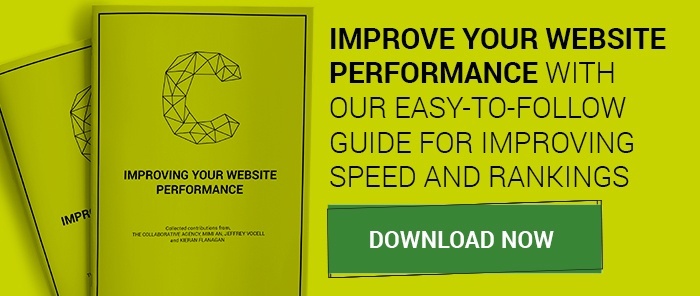INCREASE YOUR WEBSITE RANKING USING SEO
Search engine optimisation (SEO) is a comparatively mature practice in Internet marketing, yet, according to HubSpot Research* the average score for SEO is only 18.6 out of 30.
Our assertion is that a consistent and thorough approach to SEO can help Increase your website ranking and this blog will be able to help.
THE SEO PROBLEM
As new web pages, including campaign landing pages, are added by (often) different users, SEO may become spotty across a website. Websites today often have various authors across different pages. Interlinking, meta descriptions or heading tag may be overlooked, or not optimised.
4 MOST COMMON SEO ISSUES
- Only 77% of websites have PAGE TITLES. This number should be 100%. No excuses!
Page titles are a basic element of page design and appear in search results. The 70 characters that comprise a page title directly impact search ranking and click through rates (CTRs).
- Only 61% have HEADING TAGS.
Headings, or H1, H2, H3 tags, reinforce the keywords found in the page title, and orients the visitor to the contents of the web page. A visitor will want to see heading tags that relate to the topic they were looking for.
- Only 57% have SITE MAPS.
There is some debate on how important sitemaps really are to SEO. According to Google, “in most cases, your site will benefit from having a sitemap, and you’ll never be penalized for having one.” Especially for larger website (those with more than 60 pages, which is the majority of our sample), including a sitemap is a best practice that allows your web visitors to easily navigate your site.
- Only 42% have properly configured META DESCRIPTIONS.
A meta description is the few lines of text (155 characters or less) that appears under your page title in a search result. It effectively describes the content of the webpage to a potential website visitor. It should clearly outline what is in the page and why someone should click into the link. Meta descriptions are just as vital to click through rates (CTRs) as the page titles, and should not be overlooked.
3 WAYS TO FIX YOUR SEO SCORE
- Perform an audit of your website. Seek out and address missing page titles, heading tags, and meta descriptions. Use keyword analysis to assist with defining these tags and descriptions - these will greatly assist organic ranking.
- If your website has many pages but lacks a site map, consider creating one. It will give visitors to your site an easier way to navigate and can only positively impact your website’s SEO.
- Review the pages in your website to ensure that pages aren’t cannibalising SEO ‘points’ from each other. For example, an electronics business may have multiple pages optimised for ‘best kitchen appliance.’ Those pages compete with each other for search traffic. Consider consolidating duplicate pages or creating a cross-linking strategy.
For even more practical suggestions to optimise your site and check your website performance, download our free e-book “Improving Your Website Performance”.
* Source: The dataset consists of URLs submitted to websitegrader.com. HubSpot Research believes the data is compelling because active submissions indicate that the websites in the dataset are truly up and running, are maintained, and have at least one person actively working to improve it. Given that the total internet is massive and there are millions of dead websites, this dataset is a reflection of today’s active website landscape. Over time we will append data and update this report. Outlier data, greater than 2 standard deviations from the average load time, was excluded from the analysis.


